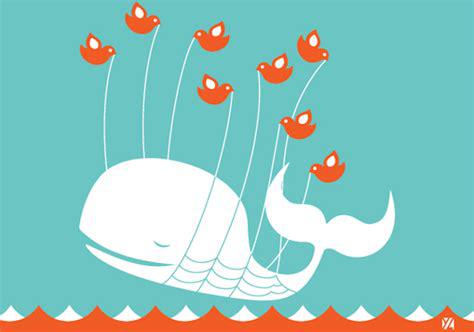
Twitter was often down in the early years of service, leading to the frequent showing of the Twitter … [+]
Former GitHub CTO Jason Warner says the core Twitter service will most likely remain functional and operational despite Twitter shedding more than half of its employees and the majority of its contractors in a matter of weeks.
The biggest reason: the very nature of Twitter itself.
“Twitter — the service — can suffer lots and lots and lots of issues and it will still be a useful/amusing service for many,” he tweeted in a long thread on the topic. “It is not the same as a mission critical product.”
Mission-critical products such as Microsoft-owned GitHub form an essential part of the workflow for almost 100 million developers. Others like Twilio or Stripe or Cloudflare, Warner says, form part of the critical infrastructure of the internet and the economy. Outages there cause massive and immediate disruption.
Twitter, on the other hand — while important and used by hundreds of millions of people — is much more fault-tolerant.
“Twitter is used by hundreds of millions around the world mostly for casual distraction during the day,” Warner says. “Sure, some people use it for work etc, but that’s not the main use case … the very nature of the Twitter product allows Twitter the service so much uptime/latency/architectural leeway that no, the faults we’ve been seeing and likely to see for a while will not cause it to fail.”
MORE FOR YOU
There’s been significant concern on Twitter itself that the platform, deprived of thousands of talented engineers and staff members, could crash or fail. It’s one of the reasons the smaller, distributed social network Mastodon has seen massive growth, and why #RIPTwitter was trending.
But Twitter is not likely to crash and die any time soon due to technical issues, Warner says. In fact, it had numerous and frequent technical issues earlier in its growth stages — the notorious fail whale era — and survived.
That doesn’t mean, Warner says, that all is perfectly fine. Even casual users have seen plenty of small issues pop up in the last few weeks, he says, and a quick test of a Twitter API he did showed potential for much more significant errors. (I have personally noticed minor issues such as pages or tweets not loading — usually fixed with a refresh on the web or a restart on the app — in the past week or so.)
But ultimately, missing a tweet here or there or other minor delays as engineers work with reduced teams on perhaps different projects or parts of the codebase is not the end of the world.
More serious risks, however, include those like the one that allowed full-length movies onto Twitter just three days ago. Copyright law and lawsuits based on copyright infringement are no joke. Other risks are likely based on lack of oversight. I’ve personally seen more porn being shared on Twitter with trending hashtags in recent weeks, including three cases today just while searching for things like “Twitter will fail” or “RIPTwitter for this post:
Twitter seems to have more porn showing up in trending hashtags and searches in the past few weeks.
And that brings new dangers, Warner says:
“It’s everything around the service that make up the company where the risk is. These are very, very, very likely bespoke tools with years of learnings baked into the logic/workflows that require the systems to interact a certain way … when all those things fail lots of odd — potentially bad or maybe even illegal — things can happen. It’s also when hackers/nation states etc can have the most opportunity.”
On the tech side, however, Warner says while there will be some challenges and some suffering, there’s not likely to be the kind of massive Twitter fail that has the service down for days or weeks at a time.







